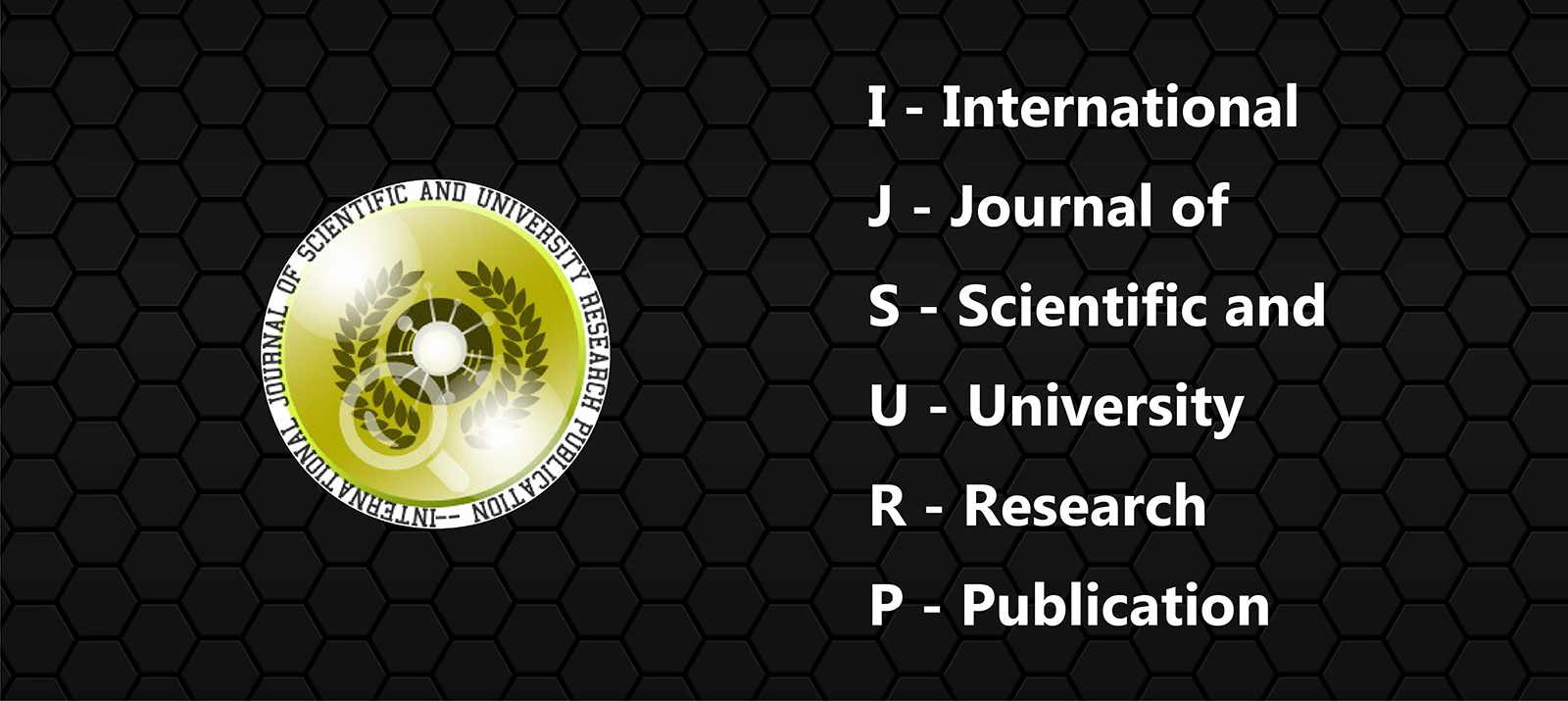
BUSINESS EDUCATORS’ RATINGS OF STRATEGIES CONSIDERED EFFECTIVE FOR QUALITY ASSURANCE IN BUSINESS EDUCATION PROGRAMME IN UNIVERSITIES IN SOUTH EAST NIGERIA
Authore(s) : 1Prof. OkolochaChimezie Comfort and 2MbionwuEdith Nkechinyere 1&2Department of Technology and Vocational Education 1&2 Nnamdi Azikiwe UniversityAwkaAnambra StateNigeria
Volume : V(11), Issue : 02, July - 2022
Abstract : The study determined the business educators’ ratings of strategies considered effective for quality assurance in business education programme in universities in South East Nigeria. Two research questions guided the study and four null hypotheses tested at 0.05 level of significance. Descriptive survey research design was adopted for the study. The population for the study consists of 75 business educators in federal and state universities in South-East Nigeria offering business education programme. The entire population of seventy-five business educators in the seven universities in South-East Nigeria offering business education programme was used due to the manageable size. Data were collected using questionnaire developed by the researcher titled “Questionnaire on Business Educators Ratings of Strategies Considered Effective for Quality Assurance in Business Education Programme (QBERSCEQABEP)”. The instrument was validated by three business education and measurement and evaluation experts. The reliability of the instrument was determined using Cronbach Alpha which yielded an overall correlation co-efficient of 0.84. Mean and standard deviation were used to answer the research questions, while independence sample t-test was used to test the hypotheses. The findings revealed amongst others that infrastructural facilities evaluation strategy for quality assurance in business education programme is lowly effective, while the professional development training and regular accreditation visitation are highly effective strategies for quality assurance in business education programme in Universities. Based on the findings, it was recommended among others that university managements should demonstrate compliance to NCCE guidelines by setting up Quality Assurance Units (QAU) and Quality Assurance Commission (QAC) in their institutions to ensure regular organization of workshops and seminars to further enhance professional development and training of business educators for efficiency and productivity of educational programme.
Keywords :Business Educators, Strategies, Quality Assurance, Business Education
Article: Download PDF Journal DOI : 342
Cite This Article:
BUSINESS EDUCATORS’ RATINGS OF STRATEGIES CONSIDERED EFFECTIVE FOR QUALITY ASSURANCE IN BUSINESS EDUCATION PROGRAMME IN UNIVERSITIES IN SOUTH EAST NIGERIA
Vol.I V(11), Issue.I 02






